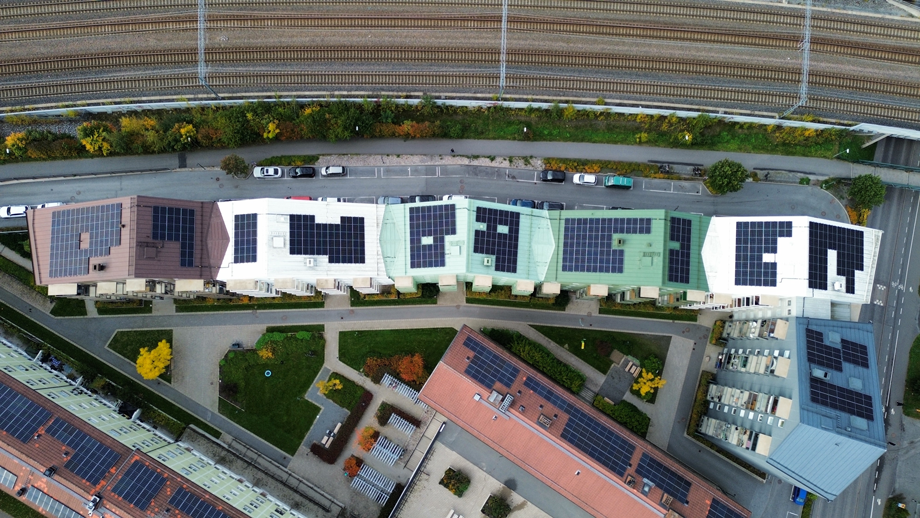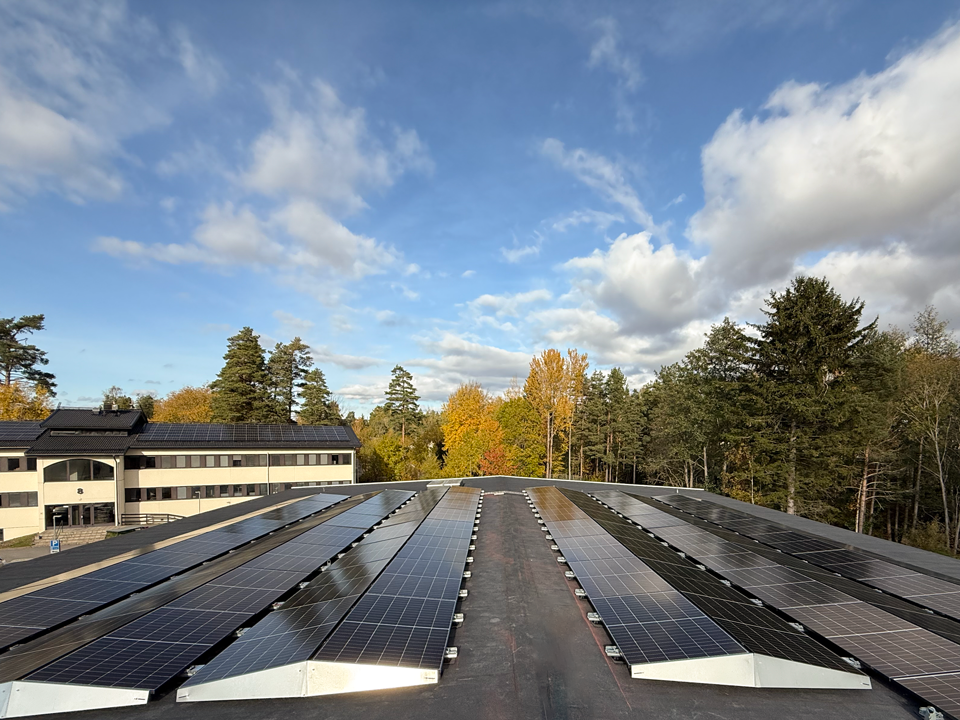Today, 22.5 percent of the U.S. electricity comes from renewable energy. If construction of sustainable energy sources continues at the same rate as today, it may account for slightly more than a third of U.S. electricity consumption in 2030, according to the sustainable technology magazine PV-tech in an article. This is far from U.S. President Joe Biden's goal of 80 percent of the country's energy being renewable.
According to data from the Energy Information Administration (EIA) and Federal Energy Regulatory, 50 percent renewable energy is a more realistic goal if the development continues upwards as it has in recent years. Solar power has had an average development curve of about 30 percent annually, however, the development has decreased slightly in recent years. Wind power has increased by ten percent annually on average since 2014.
Biden's goal is not completely excluded
According to the data, the goal of 50 percent renewable energy should be realistic, provided that wind power doubles and solar energy increases by a total of 600 percent during the period 2020-2030. Then wind and solar energy would account for 20 percent each and other renewable energy sources for the last ten percent.
However, President Biden's goals are not entirely ruled out in the article. If development proceeds at a much faster pace than expected and with the help of both public and private investment, the ambitious 80 percent target is possible. In that scenario, wind power would account for 25 percent and solar energy for 45 percent of energy consumption.





